Natural sugar alternatives include:
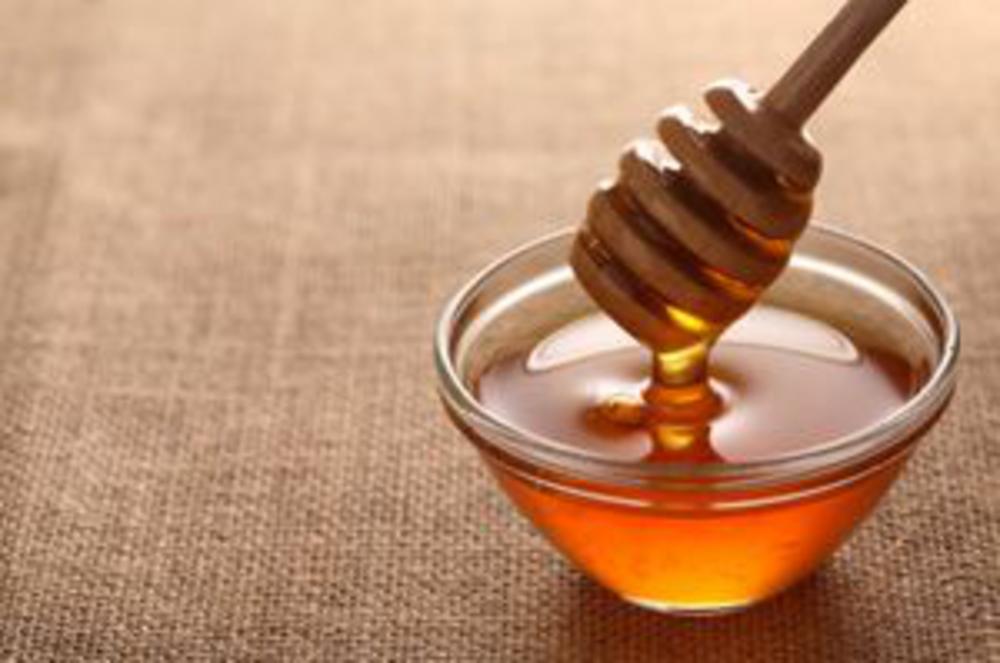
-
Agave nectar
-
Brown rice syrup
-
Local honey
-
Maple syrup
-
Stevia
-
Xylitol
Our diets are loaded with sugar. We may think we are only consuming the slightest bit, even on our best days, but our coffee, breads, fast foods, snacks, and even certain fruits are laden with sugars.
Most of the synthetic sugars are difficult for the body to process and eliminate, so they often get stored as fat.
There are also some serious side effects related to high sugar intake including: obesity, blood sugar imbalances, heart disease, arthritis, immuno- suppression, and vitamin and mineral depletion.
The best thing to do if you aren’t ready to curb your sugar intake is to at least choose the best quality sweeteners to enhance your diet.
Take a look at a few of the healthier sweeteners that are on the market.
These sugar substitutes are also better for the planet: They don’t require the pollution-intensive processing needed to make white sugar.
You can find all these products at Real Foods in store and in our online shop in the syrups and sweetenersor honey sections

From the blue agave plant found in Southern Mexico, the same plant that tequila comes from.
Agave nectar is 90% fructose and is sweeter than table sugar so you can use less of it. It also has a lower glycaemic index than cane sugar, so it will release the sugars slowly.
Agave’s viscosity is somewhere between that of honey and maple syrup, so it’s easily substitutable for some of your favourite treats and can be used instead of golden syrup in baking.
You can find Raw Agave Nectar (extracted at low heat to retain the goodness of the agave plant) here. Or try one the flavoured agave syrups from Biona here.
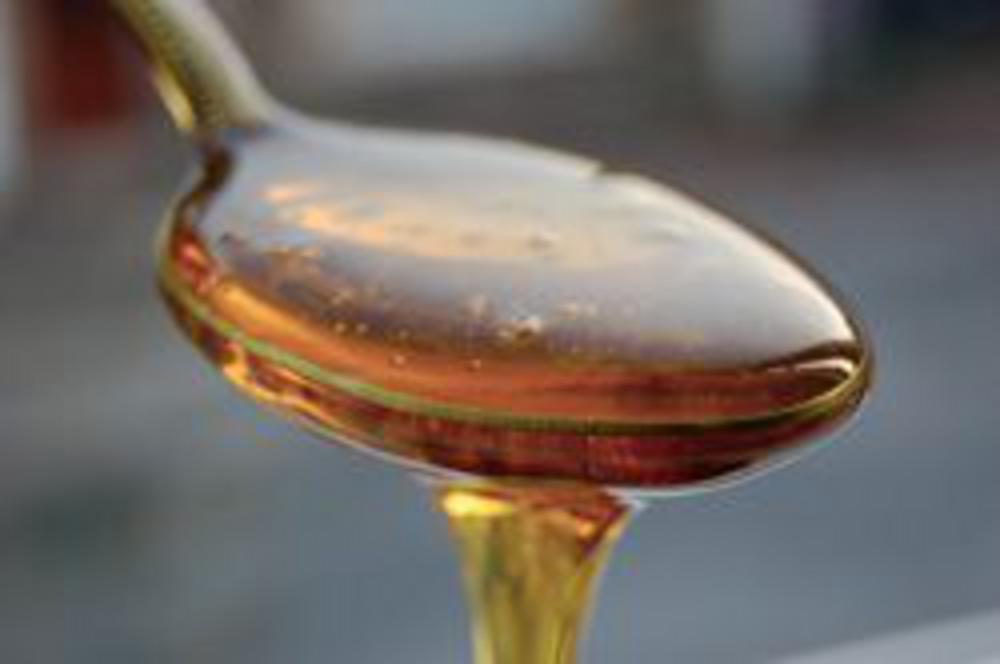
Rice syrup is a sweetener prepared by culturing rice with enzymes to break down the starches, straining off the liquid, and cooking it to the desired consistency.
Brown rice syrup contains 50% soluble complex carbohydrates, which take from two to three hours to be digested, resulting in a steady supply of energy.
This syrup can be evaporated to form a rice syrup powder.

Honey has more calories and carbohydrates than refined sugar.
Raw honey reportedly has medicinal benefits and contains enzymes and small amounts of minerals and B-complex vitamins.
Because it’s sweeter than sugar, you can use less of it. Choose organic local honeys to reap the health benefits.
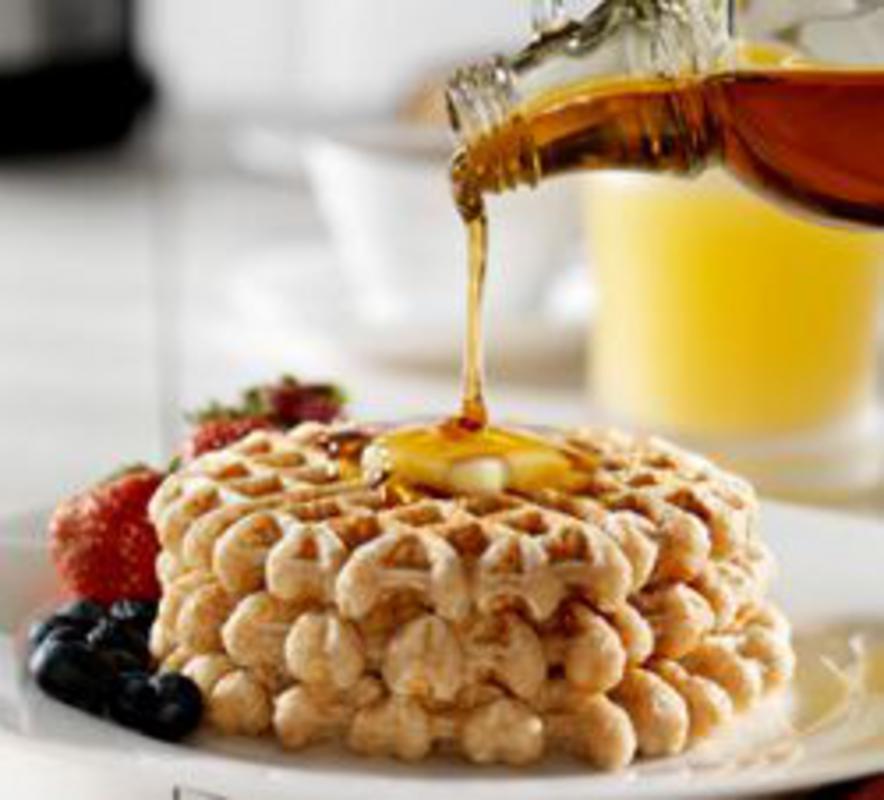
Make sure it’s maple syrup and not caramel coloured “high fructose corn syrup”.
Grade B maple syrup, which is darker than the more popular grade A, contains more minerals.
Research shows that maple syrup is also a good source of antioxidants.
Try our range of maple syrups here.
Or try Maple Agave Syrup from Biona or Hale & Hearty for a cheaper option.
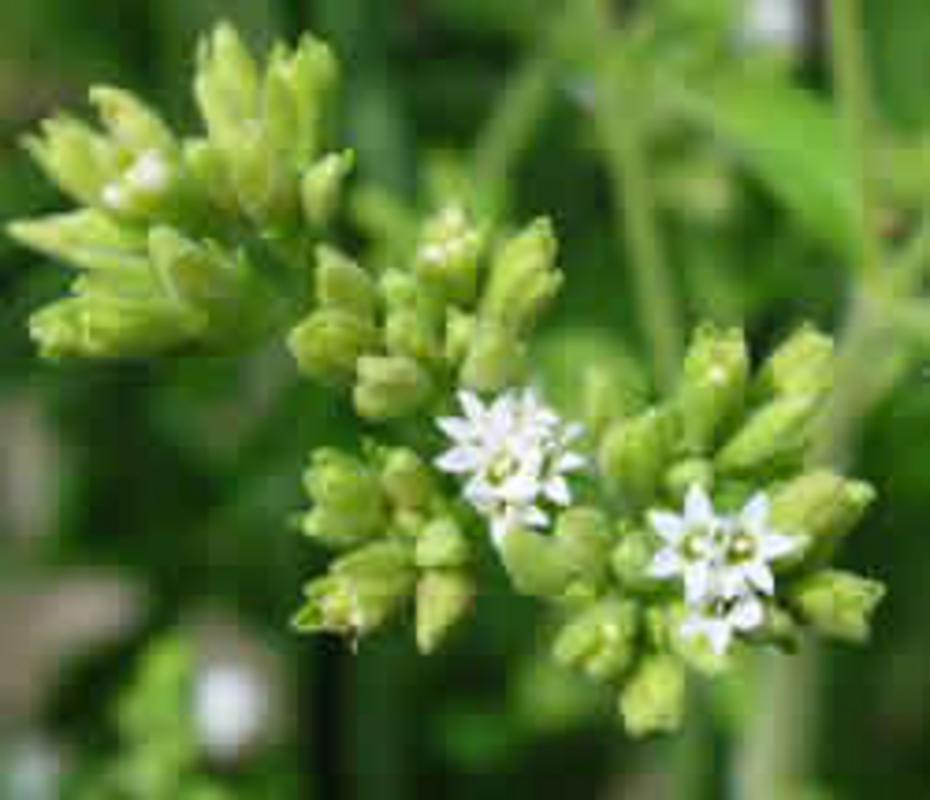
Stevia is a small shrub that has been used as a sugar substitute in Japan for decades.
Steviol glycosides are up to 300 times sweeter than sugar and have a negligible effect on blood glucose levels.
Try these Stevia Drops, with zero calories, zero carbohydrates and zero glycaemic index.
There are also chocolates sweetened with stevia here or try the Bragg Apple Cider Vinegar Drink with Sweet Stevia that has been flying off our shelves recently.
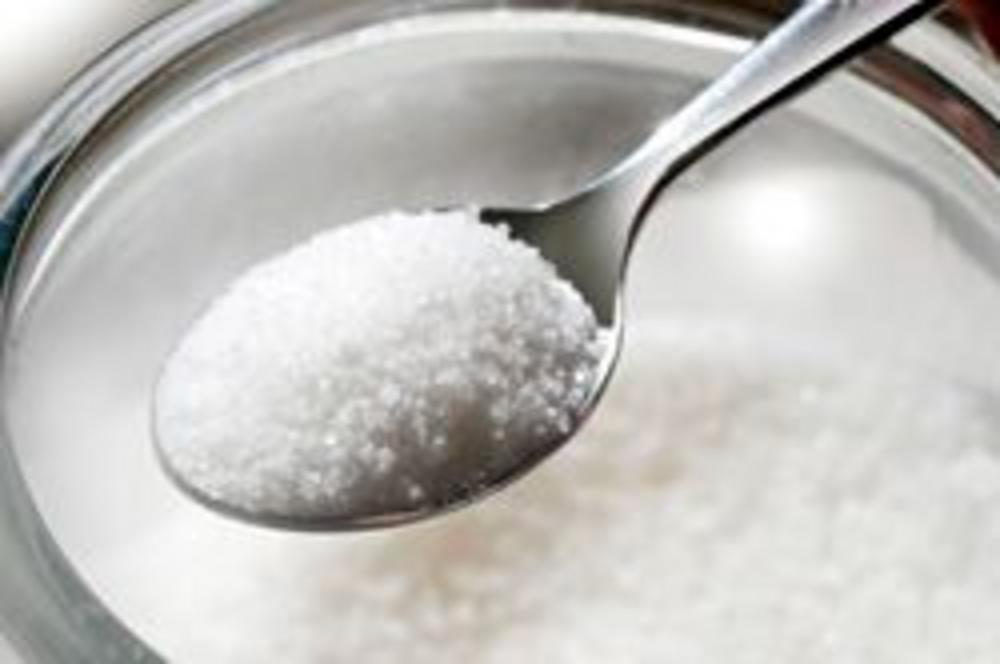
A sugar alcohol, xylitol is a good low-calorie alternative to refined sugar.
Because it is absorbed more slowly than sugar, it doesn’t contribute to spiking blood sugar levels in the body, which can lead to both hypoglycaemia and diabetes.
It is also sweeter than refined sugar and so less is used.
A great substitute for refined sugar in baking, use about 1/3rd of the amount the recipe state for refined sugar.
It is used in gums, chocolate and even toothpaste, to provide the sweetness without damaging your teeth. Try these products and find out for yourself!